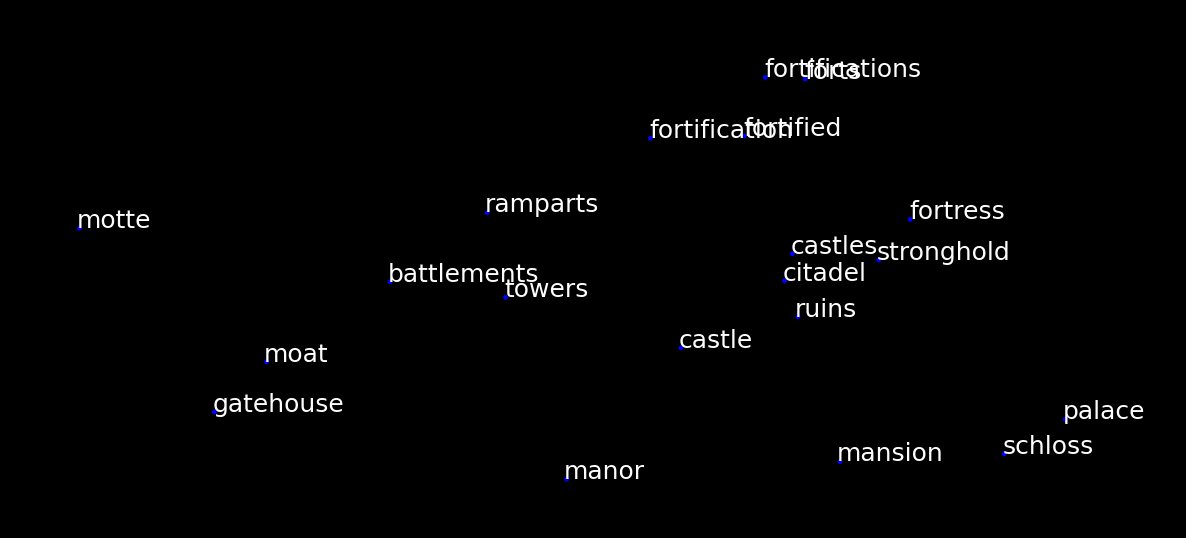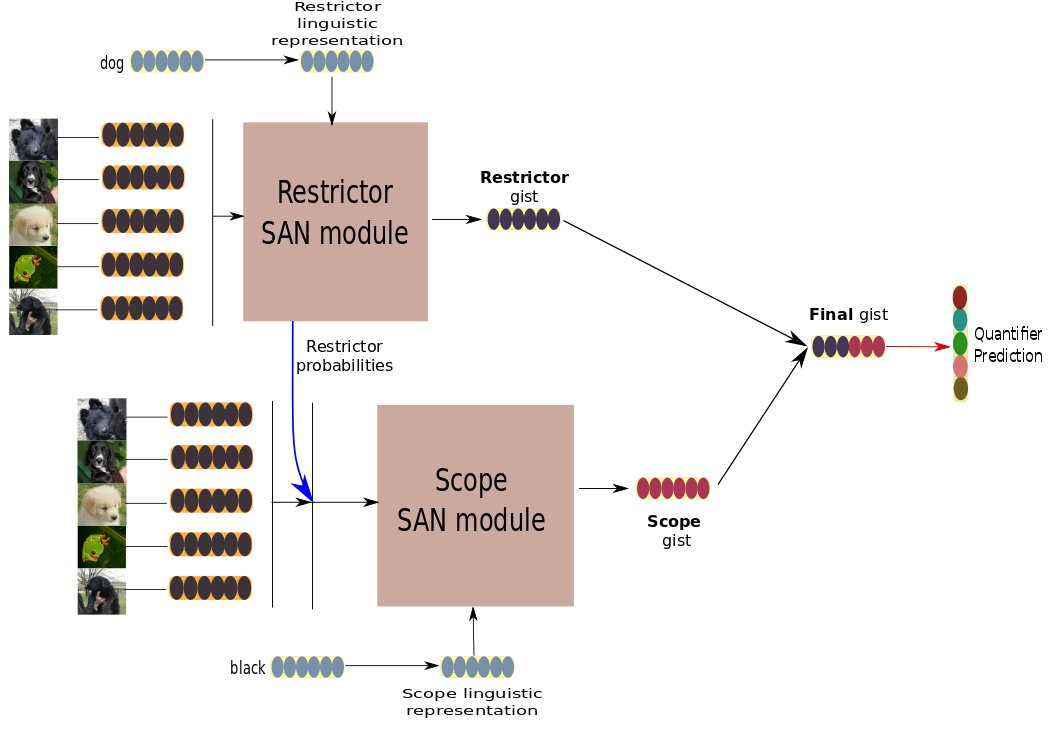
PI at the Centre for Mind/Brain Sciences, University of Trento. My group is CALM (Computational Approaches to Language and Meaning).
How to get URL link on X (Twitter) App


 It seems to me we often think of the labeled vectors as meanings. But of course, the label is just a name for a position in space. A word may vary its position depending on speaker, on the time at which the vector was constructed (diachronic change), on the age of the speaker. /2
It seems to me we often think of the labeled vectors as meanings. But of course, the label is just a name for a position in space. A word may vary its position depending on speaker, on the time at which the vector was constructed (diachronic change), on the age of the speaker. /2


https://twitter.com/ah__cl/status/1216035206366474240?s=20This thread has three parts: a) how some approaches to compositionality deal with innateness; b) why we should think about innateness in relation to computational models; c) why we should think about innateness in relation to data. /2

https://twitter.com/yoavgo/status/1204899695966994435?s=20I personally find it extremely hard to recommend papers to others because the papers I most cherish are not necessarily relevant to the world at large, and they might not even be what your standard reviewer would consider 'a good paper'.